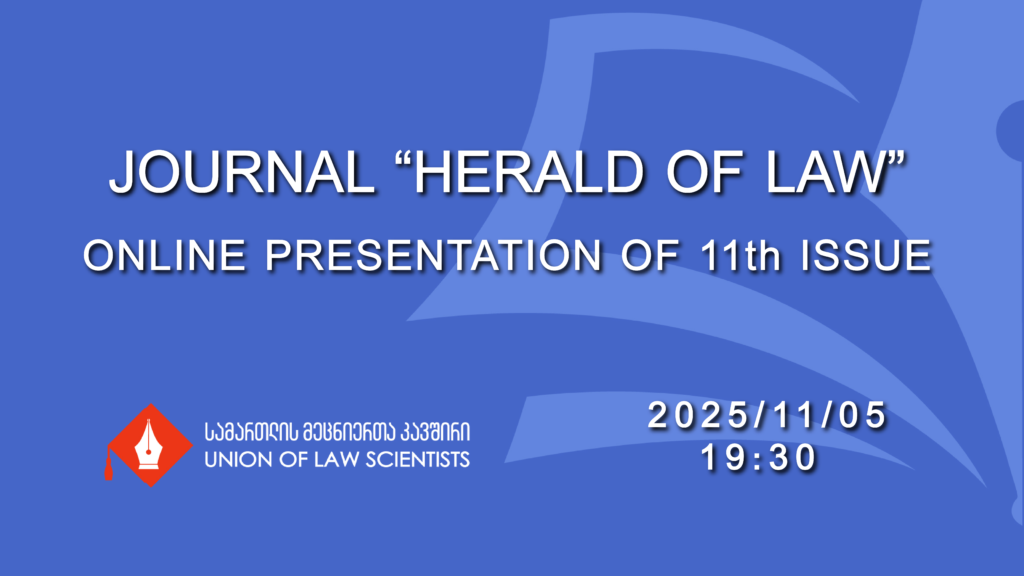Some problematical aspect of complicity in crime
Abstract:
As it is known, one of the main figures in criminal law is the perpetrator, because he/she is presented as the main character of a crime, without whom there is no crime. However, in most cases, the crime is committed in complicity, when the perpetrator (accomplice) acts with the other person – the accomplice, both before the direct commission of the crime, as well as during the immediate course of its commission.
The role of the accomplice is mainly manifested in the implementation of more important actions at several stages of the crime, which is reflected in the creation of appropriate conditions before the commission of criminal acts, and in the expression of support for the safe and easy conduct of the immediate process of its implementation, which, in turn, may be accomplished by avoiding disturbing circumstances for the perpetrator or his/her personal encouragement. Thus, the role of the institution of complicity in the commission of a particular crime is so great that without it the crime would often not have been committed at all or its safe conduct would have been seriously endangered. It is also important to emphasize the fact that accomplices in crime also provide active actions to cover up the traces of the crime, thus, making the process of committing criminal acts more reliable for the perpetrator (accomplices).
Therefore, it is important to review the essence of complicity in general and its types, in order to clearly define the existence of the institution of complicity in criminal law, to outline its functional role in the crime and to clearly define the legal scope of action of all three types of accomplices.
Keywords:
Organizer, Inciter, Assistant










